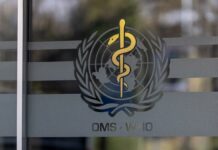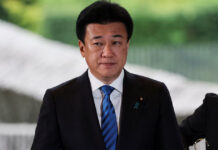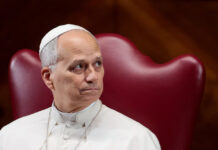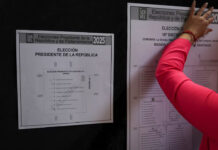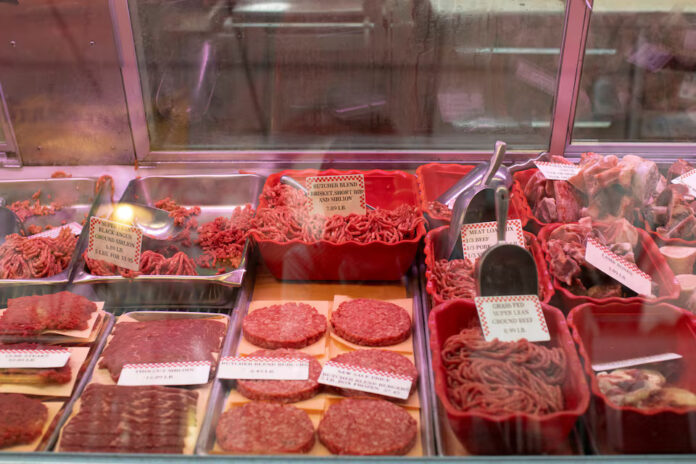
U.S. President Donald Trump on Friday reversed course on his tariff strategy, rolling back import duties on more than 200 food products as pressure mounts over rising grocery costs and voter frustration with affordability.
The exemptions, which took effect retroactively at midnight Thursday, cover staples such as coffee, beef, bananas, oranges and a wide range of other food ingredients and agricultural inputs.
The move marks a significant shift for Trump, who has repeatedly argued that the sweeping tariffs he imposed earlier this year were not contributing to inflation. Speaking aboard Air Force One, he conceded that tariffs “may in some cases” raise prices but insisted the United States has “virtually no inflation.”
The rollback comes after Democrats secured a series of election wins in Virginia, New Jersey and New York City, where concerns over high food prices featured prominently.
Food-at-home costs rose 2.7% in September, with beef among the hardest-hit categories; ground beef was nearly 13% more expensive year-over-year, and steaks were up almost 17%.
Friday’s exemption list spans more than 200 items, including acai berries, cocoa, fertilizers, food-production chemicals, and even communion wafers.
According to a White House fact sheet, Trump exempted certain foods because they are not produced in the United States and because of progress in recent trade negotiations.
The administration announced new framework deals Thursday with Argentina, Ecuador, Guatemala and El Salvador that, once finalized, will eliminate tariffs on selected imports. Officials say more agreements are expected by the end of the year.
Industry groups widely welcomed the decision. FMI–Food Industry Association president Leslie Sarasin said the rollback should help consumers and manufacturers alike, noting that coffee prices had become a growing burden.
But some sectors were left disappointed, including the U.S. hospitality industry. Distilled Spirits Council president Chris Swonger criticized the exclusion of European and British spirits from the exemptions, calling it “another blow” as businesses prepare for the holiday season.
Trump also said he plans to move forward with a $2,000 tariff-funded payment to lower- and middle-income Americans sometime next year, touting it as a “dividend” enabled by tariff revenues.
Asked whether more tariff changes were coming, he said he did not expect further adjustments, adding: “The prices of coffee were a little bit high—now they’ll be on the low side in a very short period.”
The tariff retreat underscores the administration’s growing focus on affordability ahead of next year’s elections.
Trump has defended his trade agenda, blaming lingering cost pressures on policies enacted by his predecessor, Joe Biden.
But economists say tariffs have played a meaningful role in boosting consumer prices and warn that further increases are likely as companies begin passing on the full impact of import duties.
Democrats were quick to seize on the reversal. Rep. Richard Neal, the top Democrat on the House Ways and Means Committee, said the administration was “putting out a fire that they started and claiming it as progress.”
He argued that the tariff regime has driven up inflation and contributed to months of manufacturing contraction.
Despite the rollback, analysts say grocery prices remain elevated and competition for voter trust on economic issues is intensifying as the 2026 midterms draw closer.
Source: Reuters
Written By Rodney Mbua









